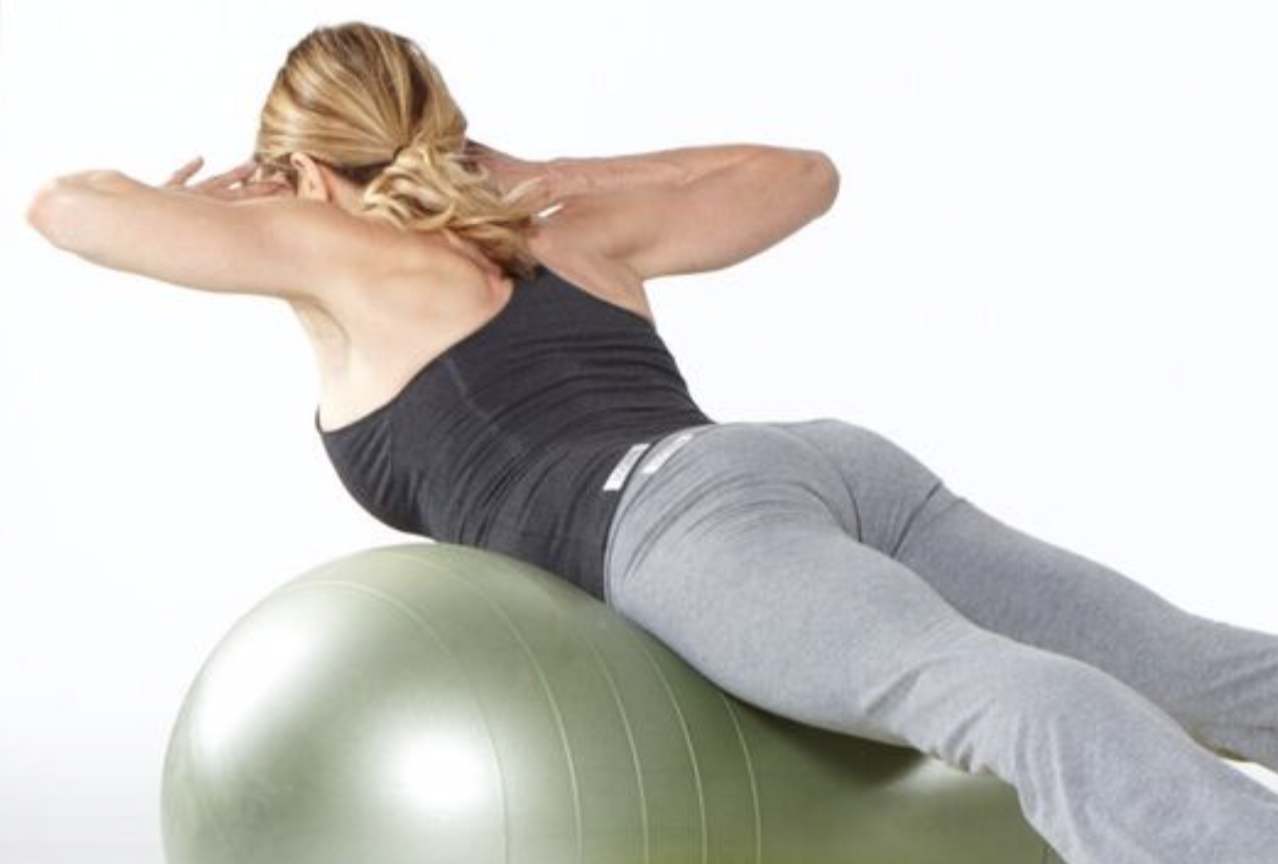A 1-Hour Walk, 3 Times a Week, Has Benefits for Dementia

Courtesy of the New York Times
Exercise may bolster the brain function and thinking skills of people with dementia, according to a new report. The study’s findings suggest that walking a few times per week might alter the trajectory of the disease and improve the physical well-being of people who develop a common form of age-related memory loss that otherwise has few treatments.
The study looked at vascular cognitive impairment, the second most frequent form of dementia worldwide, after the better-known Alzheimer’s disease. The condition arises when someone’s blood vessels become damaged and blood no longer flows well to the brain. It is often associated with high blood pressure and heart disease.
One of the particular hallmarks of vascular dementia in its early stages, researchers have found, is that it tends to make the brain function less efficiently. In past brain-scan studies, people with a diagnosis of vascular cognitive impairment generally showed more neural activity in parts of their brains that are involved with memory, decision-making and attention than did people without the disease, indicating that their brains had to work harder during normal thinking than healthier brains did.
But while a great deal of research attention has been devoted to Alzheimer’s disease, less has been known about the progression of and potential curbs on vascular dementia. Some research has indicated that reducing blood pressure lessens the symptoms of the disease.
Exercise can likewise improve blood pressure and cardiovascular health. And some research suggests that frequent, brisk walks may improve memory and physical abilities in those in the early stages of Alzheimer’s disease. But, rather surprisingly, few past studies had examined whether exercise might also improve brain function in people with vascular dementia.
So for the new study, which was published in April in The British Journal of Sports Medicine, researchers at the University of British Columbia in Canada and other institutions decided to look into the effects of walking on this type of dementia.
They began by recruiting 38 older people in British Columbia who had been given diagnoses of a mild, early form of vascular cognitive impairment. None currently exercised. All agreed to visit the university’s lab frequently for six months.
On the participants’ first lab visit, the scientists measured their general health and also memory and thinking skills.
They then scanned each volunteer’s brain while he or she concentrated on a computerized test of attention and decision-making skills that involved rapidly clicking keys to indicate the direction that an arrow should point. This scan was designed to reveal neural activity and how hard different parts of the brain were working during the task.
Finally, the scientists randomly assigned their volunteers to start either walking or, as a control group, to visit the lab for weekly education sessions about nutrition and healthy living.
The walking program was simple, consisting of supervised one-hour sessions at the lab three times a week. The walkers were asked to move briskly enough during workouts to raise their heart rates to about 65 percent of their maximum capacity.
“We wanted to have some intensity” in the exercise, says Teresa Liu-Ambrose, the director of the Aging, Mobility and Cognitive Neuroscience Lab at the University of British Columbia and the lead author. Most of the walkers completed all of the sessions and “seemed to be enjoying the exercise” by the end of the six months, she says.
At that point, the volunteers in both groups repeated the physical and cognitive tests from six months earlier, as well as the brain scan. The results showed that the two groups had drifted apart, in terms of the functions of their bodies and brains. Most obviously, the walkers generally had lower blood pressures now than the volunteers in the control group.
But more striking, their brains also were working differently. The walkers’ brains showed less activation in portions of the brain required for attention and rapid decision-making than did the brains of those in the control group.
The differences were subtle, Dr. Liu-Ambrose says, but they correlated neatly with improvements on the cognitive tests. The less someone’s brain had to work to maintain attention and make quick decisions, the better that person typically performed on the tests of general thinking ability.
In essence, the walkers had more efficient brains and better thinking skills now than the control group did, she says.
Of course, this study was short term, lasting only six months, after which the volunteers were free to stop exercising — and most did. Dr. Liu-Ambrose and her colleagues hope in the future to study whether and how rapidly the brains and bodies of exercisers lose any gains if they become sedentary again. They also want to look into different “doses” of exercise and whether shorter or easier workouts would have an effect on brain function in people with vascular dementia.
Obviously, anyone with memory or other cognitive problems should consult with a doctor before starting to exercise and should probably not exercise alone, Dr. Liu-Ambrose says.
But even with so many questions remaining, the results of this study are encouraging, she says. They show that in the early states of vascular dementia, “something as simple and accessible as walking may make a meaningful difference” in how well the brain works.
Join The Fun!
How would you like to walk your way to total health? To have more energy for those you love? And to feel confident in your everyday life! Well now you can! No matter what your age or fitness level, WalkFit Walk Away Belly Fat lets you experience the joy of getting fit and losing weight.
With WalkFit Walk Away Belly Fat, you’ll enjoy…
- GET FIT FOR SUMMER with 4 of Kathy’s NEW power-packed walking workouts! Just choose which workout you want to do each morning, press play, and start walking fit!
- WALKING IS ABOUT TO BECOME YOUR FAVORITE EXERCISE with Kathy’s super hot original music and personal coaching. These audios are so fun, you’ll breeze through your workout in no time. You’ll forget that you’re actually getting an aerobic workout and burning fat in the process.
- TOO HOT TO WALK? When you can’t get out because of summer heat, take these walking audios to the treadmill! You’ll still receive the aerobic and toning benefits of walking…regardless of season or climate!
- HAVE 10 MINUTES BEFORE YOUR MORNING SHOWER? Play one of the ab-activating videos that have helped women lose weight…especially around the belly! These 4 workouts will help you learn Kathy’s secret techniques for turning your ordinary routine into a powerful belly fat-blasting workout.
Low impact, fat-burning, and fun!








